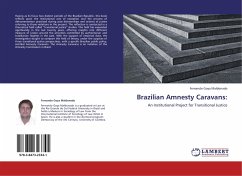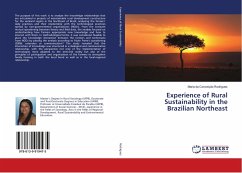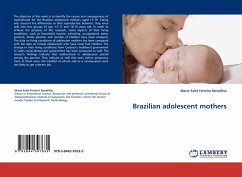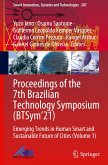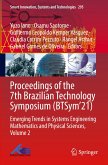Having as its focus two distinct periods of the Brazilian Republic, this book reflects upon the institutional acts of exception and the process of dehumanization practiced during past dictatorships and actions of justice referring to those violations in the present. The reflection is conducted in a theoretical field called transitional justice studies. This field has expanded significantly in the last twenty years, offering insights into different measure of justice around the atrocities committed by authoritarian and totalitarian regimes in the past. With the support of empirical data, the investigation sought to compare this field of theory, under the auspices of three transitional justice perspectives, with a specific Brazilian public policy, entitled Amnesty Caravans. The Amnesty Caravans is an initiative of the Amnesty Commission in Brazil.
Bitte wählen Sie Ihr Anliegen aus.
Rechnungen
Retourenschein anfordern
Bestellstatus
Storno

